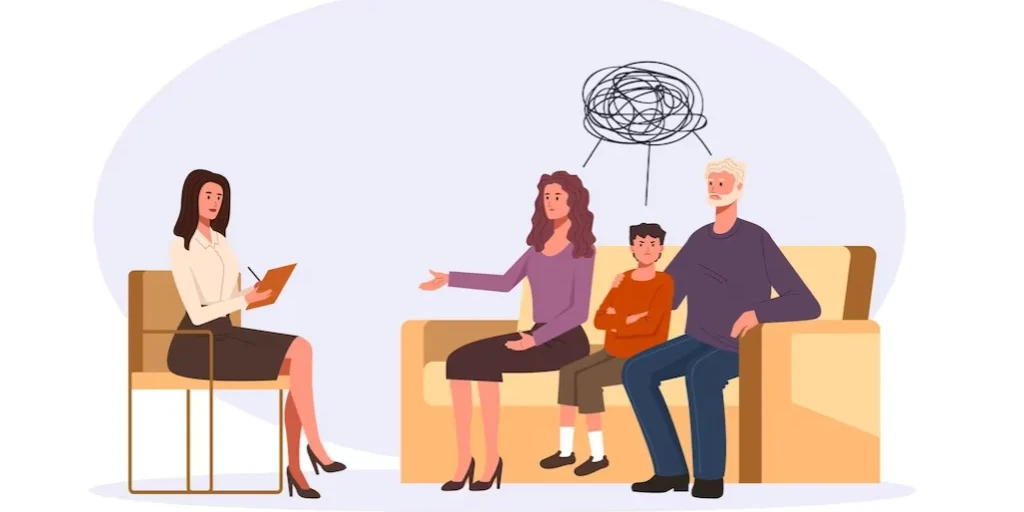24/7 Helpline:
(866) 899-111424/7 Helpline:
(866) 899-1114
Learn more about Eating Disorder Treatment centers in North Palm Beach
Eating Disorder Treatment in Other Cities

Other Insurance Options

Horizon Healthcare Service

BlueShield

Carleon

ComPsych

Amerigroup

Self-pay options

Optum

Cigna

Group Health Incorporated

Magellan

Multiplan

Private insurance

Anthem

Absolute Total Care

Health Net

Molina Healthcare

American Behavioral

AllWell

GEHA

PHCS Network

The Recovery Team
North Palm Beach’s Recovery Team is a drug and alcohol rehab that supports adults with substance use...

The Recovery Center for Men of the Palm Beaches
The Recovery Center for Men of the Palm Beaches is a private rehab located in North Palm Beach, Flor...

Stepping Sober Recovery Center
Stepping Sober Recovery Center provides alcohol and drug addiction treatment as well as co-occurring...

Elan Recovery + Wellness
Elan Recovery + Wellness is a rehab center located in North Palm Beach, FL. Elan Recovery + Wellness...





















Best Life Counseling
Best Life Counseling is a private rehab located in North Palm Beach, Florida. Best Life Counseling s...

Sober City Recovery Center
Sober City Recovery Center - Prosperity Farms Road is a licensed Intensive Outpatient Treatment faci...

Reliance Treatment Centers
Reliance Treatment Centers is a private organization committed to providing the most professional, i...

New Solutions Counseling
New Solutions Counseling is a private rehab located in North Palm Beach, Florida. New Solutions Coun...

Start Living
Start Living is a private rehab located in North Palm Beach, Florida. Start Living specializes in th...

USA Quit Smoking
USA Quit Smoking is a private rehab located in North Palm Beach, Florida. USA Quit Smoking specializ...

Discovery Mood & Anxiety Program – North Palm Beach
Discovery Mood and Anxiety Program, located in Palm Beach, Florida, provides alcohol and drug rehab ...










